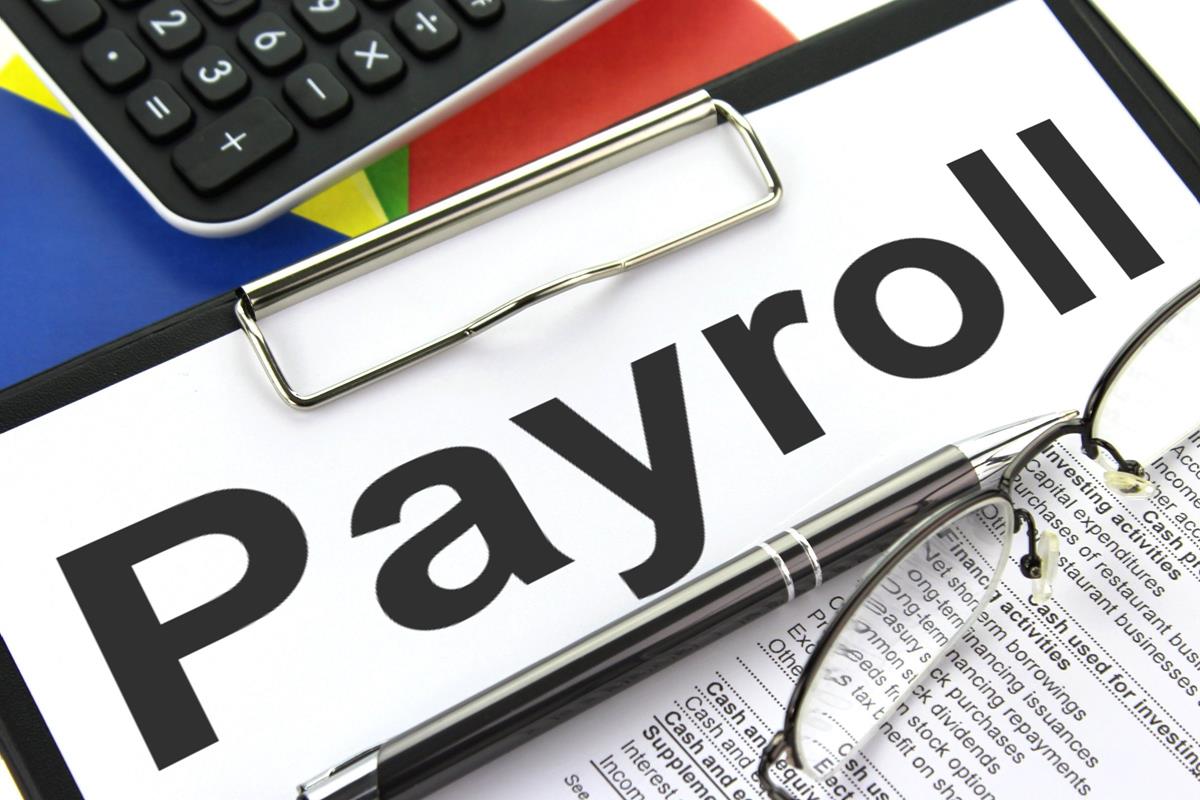Every industry has its own language. Knowing the words used in the industry will help you better comprehend the responsibilities of an accountant and improve service delivery. This article defines the standard accounting terms you may see in many fields.
Common Accounting Terms
1. Cash Flow
Cash flow is a summary of the timeframe and amount of money flowing into and out of a company at any one point in time. It's a total of all the money you've made and spent on things like financing, investments, and operations.
2. Cash-Flow Forecast
Businesses can anticipate the amount of money that will flow through the organization in the future by comparing past cash-flow statements with projected income and costs.
3. Marginal Cost
The difference in profit you make by selling one additional unit is known as marginal cost. Determining your marginal costs will enable you to evaluate whether or not producing more items is profitable.
4. Income Sheet
An income sheet shows a company's net profit for a given period of time, which is calculated by subtracting all revenues from all expenses. It's an excellent way to measure performance and determine how much money you're making.
5. Financial Statement
A financial statement is a compilation of all information pertaining to a company's financial transactions. It's a helpful tool for determining how well your company is performing.
6. Gross and Net Profit
Gross profit is the profit you make after subtracting the direct cost of producing a product or service. Net profit is the amount of income a company has left after all other expenses are paid, including salaries, rent, debt payments, phone bills, and other operating costs.
7. Balance Sheet
A balance sheet records the company's financial history, such as the assets, liabilities, and owner's equity.
8. Accrual Accounting
Accrual accounting is a method that records revenues and expenses as they occur instead of as they are paid (cash accounting).
9. Burn Rate
The burn rate is the amount of time it takes you to cover your operating costs with the cash you have without making a profit.
10 Break-Even Analysis
A break-even analysis can help you determine your burn rate and how price adjustments will affect your highest success rate.



-1748399375.png)

-1742456856.png)

 (19)-1723771883.png)
 (17)-1721953744.png)